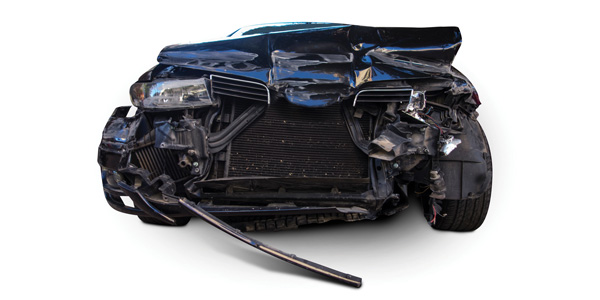
Q: Our customer’s insurance company just called and advised they were not going to take possession of a vehicle they deemed to be a total loss, they would not be paying our fees, and would be sending us the title. We don’t want the car; we want to be paid for our services. What can we do?
A: This is not an isolated issue – insurers abandoning cars (and their responsibilities) goes as far back as auto claims have existed. And even though this practice is generally considered unethical at best, it may also violate most state laws and regulations governing insurance practices. However, there is a simple and effective solution without getting into a legal battle.
Who Do You Work For?
Remember who you work for! While the customer may be “king,” they’re also responsible for their property and their conduct as well as the conduct of their insurer.
The quickest way to respond to this situation is to contact your customer by certified mail advising them of the situation the insurer has placed them in and that, as your customer, they will be personally responsible for any and all charges, fees and costs for your services rendered, including administrative efforts. Be firm but offer to assist them in the matter (other than eating your charges!).
It’s important to keep in mind that although the insurer’s handling of the matter may not be right – or even legal – you are not party to their policy and as such have no right to hold the insurer accountable and so you must look to your customer. Trust me, when you inform the customer of what the insurer has done to them and the resulting costs that they themselves will be responsible for, your customer will likely resolve the matter with the insurer and do so quickly to avoid your having to bill them for your services.
Know the Laws
In some states, it’s important to understand your lien laws as there are often time limits that must be adhered to in order to continue to charge for storage. Know what they are and develop internal policies and procedures to avoid forfeiting any rights and abilities to assess storage and administrative fees.
Of course, each repairer should have a well-crafted repair authorization/contract clearly showing all potential responsibilities of the customer.
Developing a repair authorization/contract is one of the very first tasks that ADE undertakes with each of its repairer coaching/consulting clients. This requires gaining a thorough understanding of their local and state regulations and statutes relative to the repairer’s responsibilities as well as the insurer’s regarding proper good-faith claims handling and practices.
Understanding where each party stands in the repair/claims process is vitally important to safeguarding the repairer and consumer in such business dealings and shifting responsibilities and accountability to the appropriate parties.













